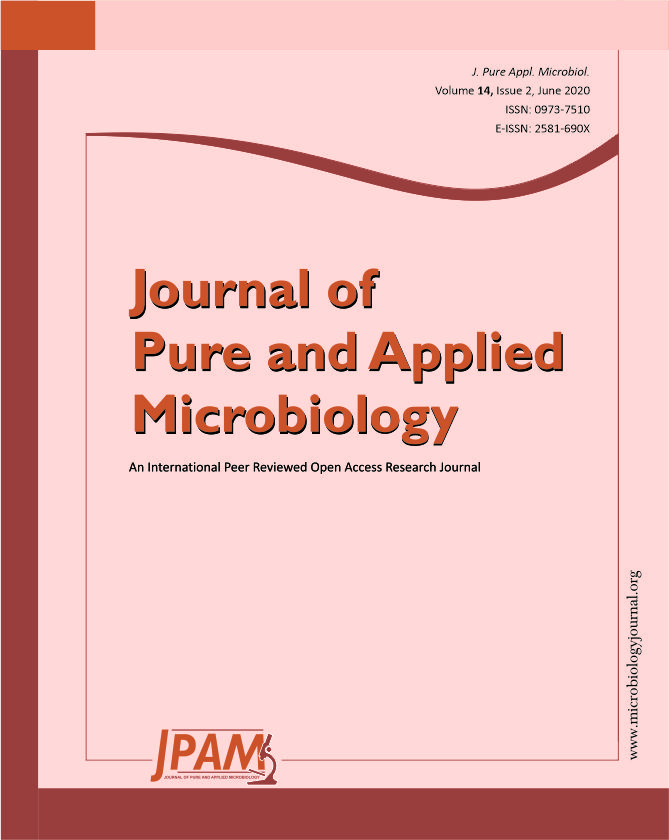This study aimed to: (1) assess Escherichia coli contamination in polony, beef burgers and traditionally fermented cow milk from the formal and informal markets in Harare, Zimbabwe, (2) determine the antibiotic sensitivity of Escherichia coli isolates, and (3) identify Shiga-toxin producing Escherichia coli isolates using the presence of virulence genes, namely, intimin, enterohemolysin A and Shiga toxins 1 and 2. Ninety-six samples comprising 32 beef polony slices, 32 beef burger patties, and 32 fermented milk specimens were obtained from the informal and formal outlets of the central business district. Escherichia coli occurred in 20 (21%) of the samples, being more prevalent in the informal (29%) than in the formal (13%) market. Of the 20 E. coli isolates, 6 (30%) were Shiga-toxin producing E. coli, and the rest (70%) were negative for virulence genes. The predominance of Escherichia coli was greater in meat products (25%) than in fermented milk (13%). Total Escherichia coli counts were not substantially different between formal and informal markets (t-test: p=0.08). All the E. coli isolates were multidrug-resistant with antimicrobial resistance prevalence ranging from 25% for Sulphamethoxazole to 100% for Penicillin and Erythromycin. The presence of E. coli in food indicates faecal contamination and probable existence of other enteric pathogens. The presence of virulent and antimicrobial-resistant E. coli strains in food threatens food safety and public health. We conclude that ready-to-eat animal products from both informal and formal sectors could result in the dissemination of antimicrobial-resistant Escherichia coli species if corrective measures are not taken.
Shiga-toxin producing E.coli, Escherichia coli, ready-to-eat animal products, antimicrobial resistance
© The Author(s) 2020. Open Access. This article is distributed under the terms of the Creative Commons Attribution 4.0 International License which permits unrestricted use, sharing, distribution, and reproduction in any medium, provided you give appropriate credit to the original author(s) and the source, provide a link to the Creative Commons license, and indicate if changes were made.


